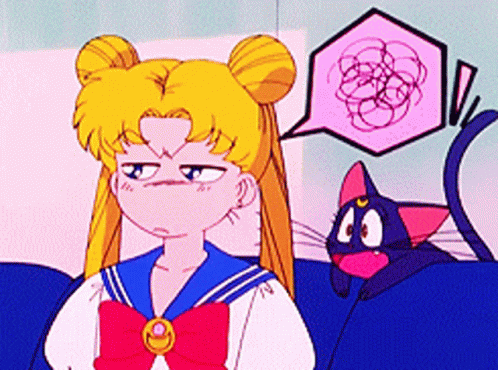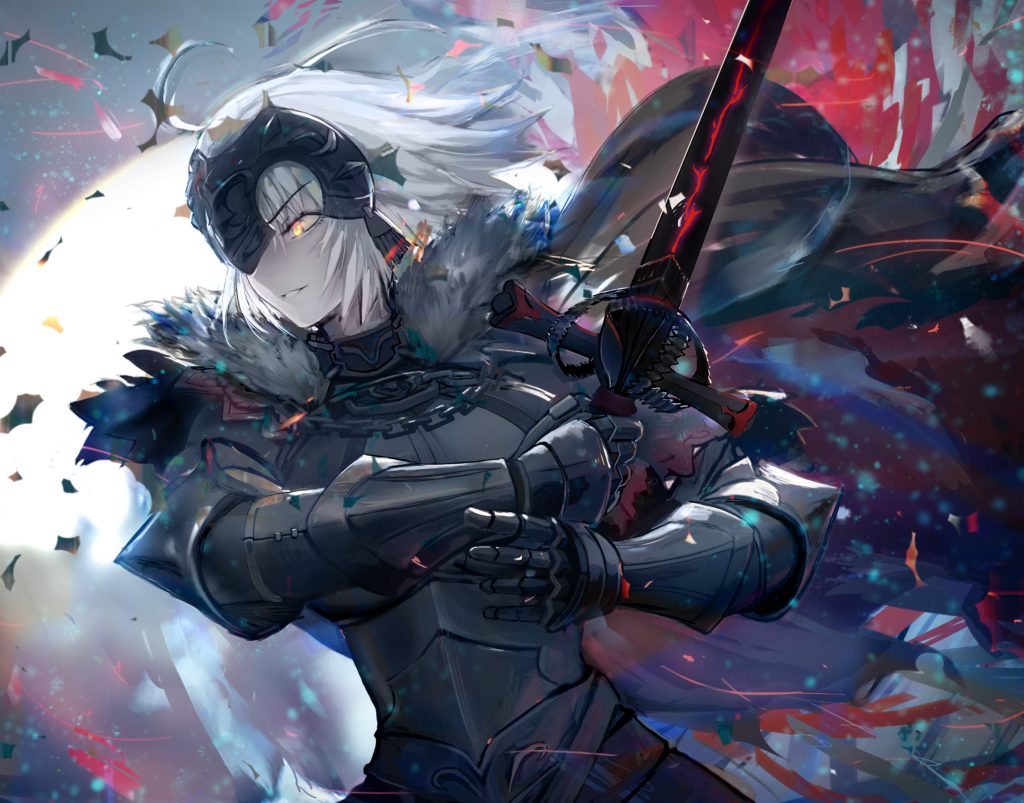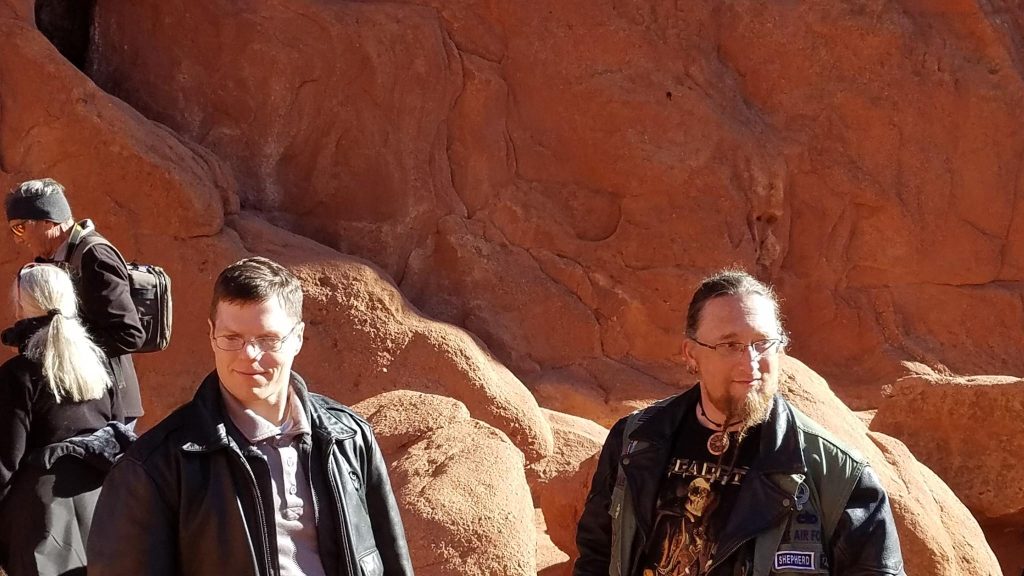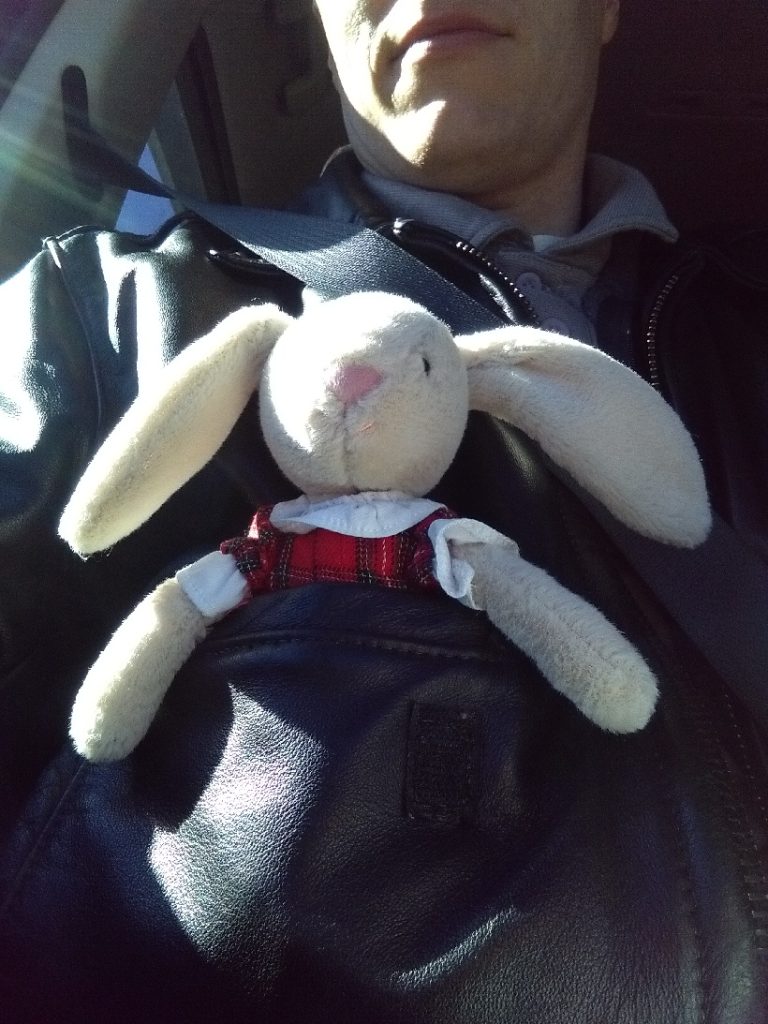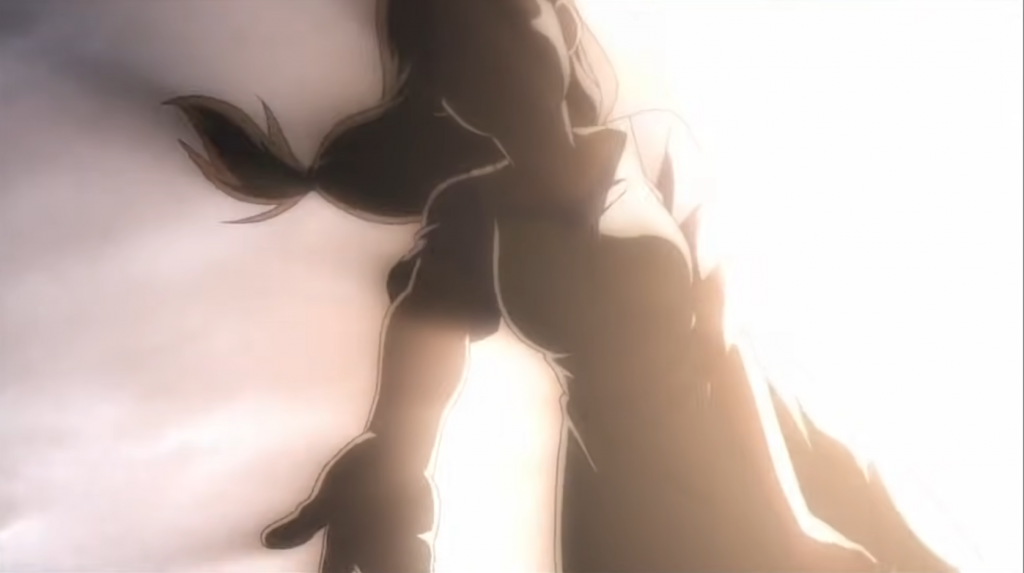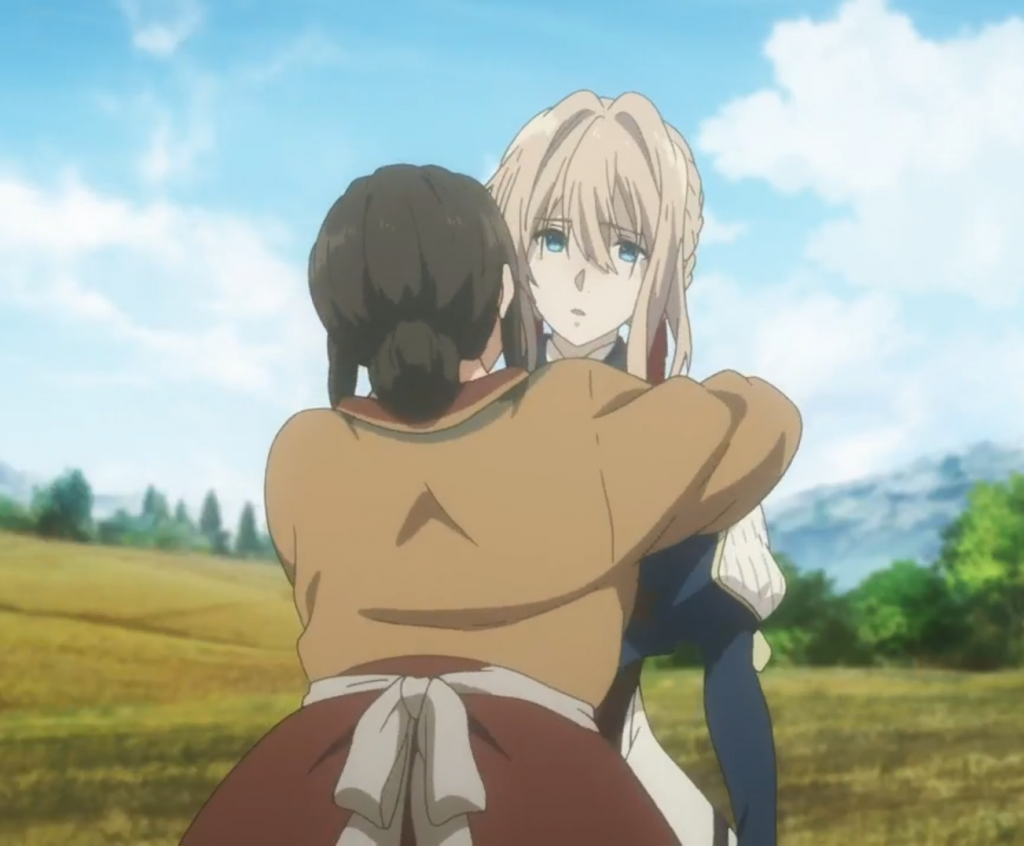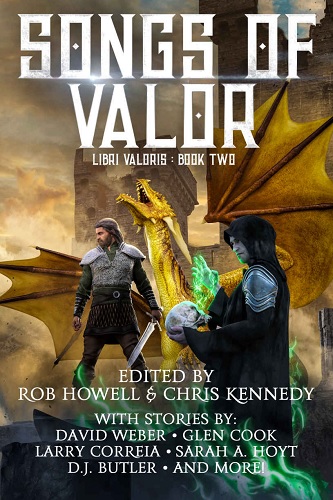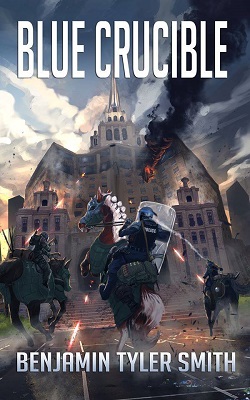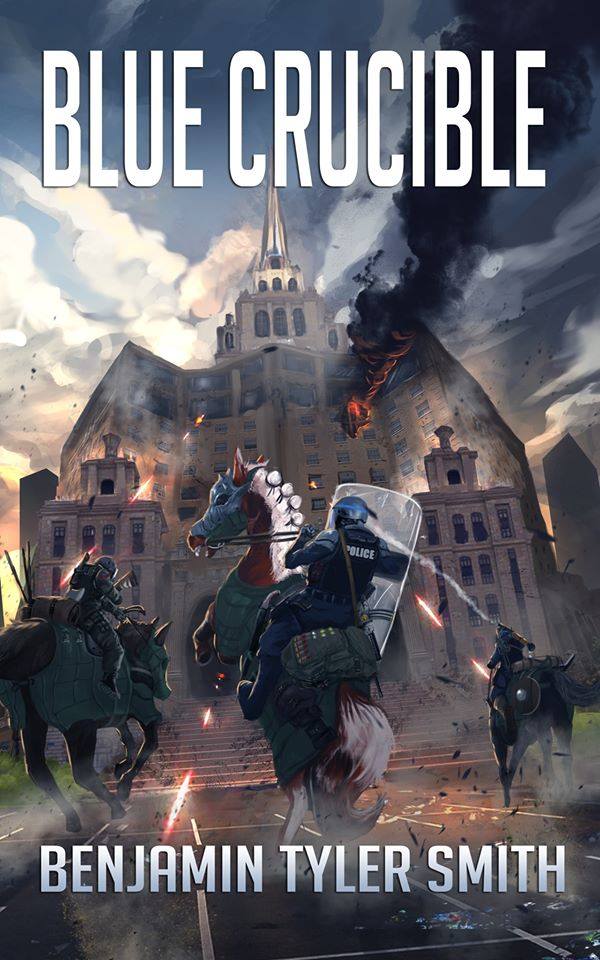It took a lot longer to get here than it should have, at least to me, but Blue Salvation’s rough draft is finished! For those who enjoyed the first book Blue Crucible (And it’s available here), you are in for an even wilder ride! Lots of action, lots of great characters, and more than its fair share of ups and downs. There were a few scenes that even got to me as I was writing them, so I have no doubt they will get to you, too.
I’m looking forward to digging down into the edits over the next few weeks. For now, here is the opening scene to the book. It is edited and polished, but always subject to change as editor Beth may see fit to change some things. I can do edits to an extent, but it really takes an editor to make a work shine, and that’s what she’s great at. I hope you enjoy it!
—————————————————————————————-
The late night
air in downtown Columbia was quiet but for the sharp sound of booted and shoed
hooves striking pavement. Calico Countess walked northeast along Paris Road at
a steady pace, her natural night vision letting her see obstacles in the street
that I couldn’t make out without a flashlight. I kept a loose hand on the reins
and trusted my tri-colored American to get me where I needed to go: to the next
intersection, and then the next.
I rode at the head of a column of fifteen
mounted officers, with my brother Sergeant Danny Ward of the Mobile Alabama
Police Department on my left and Sergeant Berengár Silva of the Marajó military police on my
right. Each of us, human and animal, was decked out in bulletproof riot armor,
a huge upgrade from the stuff previous generations of officers had worn. Well,
an upgrade in protective qualities, anyway. Sweat trickled down my neck and
soaked into my already drenched undershirt. Late July in Missouri wasn’t nearly
as hot and humid as late July back in Mobile, but it didn’t mean it was
enjoyable. And since armor didn’t breathe too well…
“I’m glad
there weren’t ever any riots in Mobile,” Danny said. He rode with the
faceplate of his helmet raised, so he could periodically mop his face with a
handkerchief. “Can you imagine wearing all this day in and day out, in
August?”
“I’d have
died. No question about it.” I glanced to my right. “Silva, how hot
does it get in Brazil in the summer?”
The stout
sergeant tilted his head up as he considered. “I can’t speak for the
mainland, since I never spent much time outside Marajó. On the island, the average is around twenty-seven
degrees Celsius. During the rainy season, it can go up to thirty-two.”
I did the
temperature conversion in my head. “That’s between eighty and ninety
degrees Fahrenheit.”
Patrolman
Jeremiah Jones whistled from somewhere behind us. Between his dark riot gear
and his even darker skin, the six-foot-eight giant was practically invisible in
the dim moonlight in an otherwise lightless city. It didn’t help that his
stallion Rambo was as black as Danny’s aptly named Noir. He’d gotten beaten up
pretty badly during the assault on the Country Hotel, but he’d recovered
swiftly. “Damn, Sergeant Silva. I’d be happy to trade Mobile’s weather for
yours.”
“Yeah, it’s
a lot hotter by us,” I said. “Maybe it’s why the fire ants like it so
much.”
“Isn’t
Mobile the port city that fire ants came in through?” Danny asked.
“Thanks for
that!” Patrolman Lewis of the Atlanta PD said. “I hate those little
bastards.”
“Don’t
thank us!” I hiked my thumb at Silva. “Take it up with him. They came
from his neck of the woods.”
“What is it
you Americans like to say from time to time? ‘Sharing is caring?’”
Everyone laughed
at that. Well, most everyone. As I turned in my saddle, I noticed the only
local riding with us tonight wasn’t laughing. Lieutenant Kevin Hanson, sole
survivor of the St. Louis police department. He and his squad had ridden back
to the neighboring city after the bombs dropped, but all they’d found was an
irradiated wasteland. He and Patrolman Orson McGraw had been the only ones to
make it back to Columbia, and both had been in bad shape. McGraw hadn’t even
lived long enough for the responding medics to arrive, but Hanson had somehow
made it to the hospital and pulled through, at least physically. “Kevin,
is this kind of heat in the middle of the night normal for this area?”
Kevin had been
idly stroking the dark mane of Watson, a red gelding our department had given
to him after his had horse to be put down due to radiation poisoning. He looked
up at hearing his name, but I couldn’t see his face in the shadows. “Been
awhile since I was on night shift, but if the daytime’s hot enough, I don’t see
why the night would be much better.”
His tone was
that of someone who didn’t care, and that worried me. Kevin was normally a
jovial person, the kind who could put a smile on the sourest of faces or calm
down the most violent of criminals. He’d changed since the fall. He was more
withdrawn now, only spoke when he was spoken to, and his eyes had such a
haunted quality about them. He also had fallen into the habit of doing the
absolute bare minimum when it came to personal care. His uniform was often
wrinkled, his riot gear dirty, and his face had the unkempt beard he’d acquired
while in the hospital. It surprised me that Captain Graham and Sheriff Welliver
had cleared him for duty, but maybe they thought getting back in the saddle
would help snap him out of it.
I don’t know
that anyone could be “snapped out” of this situation. We’d all
suffered in the fall. Nearly every member of the unified mounted patrol that
made up the core of Columbia’s defensive garrison had lost their hometowns and
families. With the exception of my two children and Danny, I’d lost every blood
relative, and I was uniquely blessed in that regard. Or cursed, depending on
your outlook. Many were glad their families hadn’t survived the fall, because
they feared what was coming next. Compared to them, I had a lot more invested
in keeping this city alive and functional, and it weighed on me daily.
Distant gunfire echoed through the moonless
night, reminding us that the fall had done more than change our demeanors. It
changed our entire way of life. “Imagine that,” Jones said.
“Gunfire in Columbia? Must be a Tuesday night!”
A bright ball of
blue light suddenly lit up the eastern sky, in the direction of the gunfire.
That signal flare meant at least one of the parties involved in the firefight
requested police protection. With telephones and most radios down, it was the
best way to notify us of trouble, which is why we distributed them to
neighborhood leaders we could trust.
“Jones, I
thought you said it was Tuesday.” Danny pointed. “Signal flares are a
Wednesday night thing.”
“My bad,
Sarge!”
I checked the
nearby street sign to get my bearings. We were a little north of the
university, and that flare had come from the east. There was only one
neighborhood in that direction that I could remember handing flares over to.
“Gotta be Jay Dawson and his folks.”
“That the
guy you were having sweet tea with while I was getting shot at in a doughnut
shop?” Danny asked.
“The very
same. His wife brews a damn good pot.”
He grinned.
“Well, let’s go get some, then.”
“My
thoughts exactly.” I squeezed Countess’s sides with my knees, urging her
into a trot, and then a canter. “Follow me!”
A horse or
buffalo can eat up a lot of terrain in a short amount of time at a fast jog,
but it was situations like this that reminded me of how much slower animals
were to vehicles. I chafed at the delay as the sounds of gunfire grew louder
the closer to the scene we got. With so few vehicles working in the city due to
the EMP shockwave, we were often the fastest to respond, as slow as that had
once seemed. Then again, with so many disabled vehicles clogging the streets,
we would probably still be the fastest to respond. Horses and buffalos could
maneuver these tight spaces much better than a car or truck.
“Why does
it feel like we’re never going fast enough?” Danny demanded.
I chuckled.
“That’s twice in one night you’ve read my mind.” The staccato sound
of automatic weapons fire stifled my levity. “It’s the nature of the job.
No matter how fast we can go, it wouldn’t seem like enough.”
Jay’s
neighborhood was a relatively new development, built sometime in the last
twenty to thirty years. After JalCom had bought the city and proceeded to knock
down and rebuild huge swathes of it, a number of people had moved out into what
had once been farmland and put down roots there, close enough to the city to
still be able to work there, but not so close that the Corporate hand was upon
them. Trees surrounded the fenced-in subdivision on three sides, and the
wrought-iron fence and gate facing the street had been fortified with sandbags,
old furniture, scrap metal, and as much other debris as could be found. Some
industrious individual had even hauled over a few broken-down trucks to add to
the growing wall.
Shadowed figures
stood in the beds of those trucks and fired across the road into a crop field
that had been plowed up back in early May, shortly after the bombs dropped.
More shadowy figures crouched behind caged tomato plants or peeked out between
cornstalks to fire back at the neighborhood entrance. I didn’t need to use too
much deductive reasoning to figure out what was going on here. Someone was
rustling up food that someone else had gone to the trouble of growing, and that
wasn’t right.
I put my whistle
to my lips and blew. The sharp trill pierced the night, rising over the gunfire
and the distinct clop-clop-clop of
our mounts’ hooves. “It’s the police!” one of the neighborhood
defenders shouted.
“Kill
‘em!” someone in the crop field yelled.
Rounds zipped
past our heads or skimmed along the pavement. Countess snorted and danced away
from an impact that showered us both with chips of asphalt. “Way to make
the locals angry, Nate,” Danny said as he pulled his Remington 870
pump-action shotgun from the scabbard connected to Noir’s saddle. He put the
weapon to his shoulder, lined up his ghost-ring sight on an enemy, and squeezed
the trigger. I looked forward just in time to see the target dive for cover.
Danny clicked his tongue. “Damn. Missed.”
“At least
his pants are ruined!” I drew my assault rifle, clicked it over to
semi-auto, and stared down the glowing tritium sights at a bad guy crouched
between two rows of caged tomatoes. I realized he was aiming at me, and we both
froze. I recovered more quickly, and squeezed the trigger once, twice, and
again. The man’s body shook with each bullet’s impact, and he slumped to his
knees, and then fell face-first into the soft, tilled soil.
A round buzzed
past my head, and I shifted to fire at a pair of men hiding in the cornstalks.
I know I hit one, but both spun and disappeared into the corn. “Fall
back!” someone shouted.
“Silva,
take your squad around back on the right side! The rest of you, follow
me!” I spurred Countess into a gallop. To the defenders of the
neighborhood, I shouted, “Hold your fire!”
I led Danny,
Jones, Kevin, and four other officers down the street, our horses’ hooves
thundering along the pavement. Countess and I raced past a pair of bodies on
the hard-packed dirt shoulder. Both had died facing the crop field, so I wasn’t
sure which side they belonged to. One of them was a young boy, by the look of
it. “Shit,” someone muttered behind me. I know how he felt. I’d seen
a lot of corpses in my time as a cop and more than I ever wanted to since the
bombs dropped a couple months back, but the sight of dead kids never got any
easier.
The day it did
was the day I’d hand over my badge.
The tomato patch
near the road turned into peppers, then summer squash, but the cornfield beyond
them stretched for a good fifty yards or so, and there was no telling from here
how deep it was. I had to hand it to the folks of Jay’s neighborhood. They were
hard-working.
As we neared the
edge of the crop field I turned Countess off the road and onto the grass. Row
after row of leafy green cornstalks flashed past my periphery in a blur as we
galloped toward the far end of the field. Shouts and gunshots echoed from
somewhere up ahead and to the right, along with Silva yelling, “Police!
Drop your weapons!”
Movement in the
corn up ahead caught my eye, and I reined Countess in. “Woah!” I
called to the others.
A trio of
figures burst from the cornstalks, each laden with sacks full of what I assumed
had to be food. I flicked on the flashlight attached to my rifle and shined it
in their faces. Even though it was directed away from me, the sudden intensity
brought tears to my eyes. “Freeze!”
The three men
snapped their heads in my direction, their expressions like a deer caught in
the headlights of a speeding truck. If not for the seriousness of the
situation, I’d have laughed. “Put down the sacks and get your hands in the
air.”
One of them had
canted his body away from us slightly. My flashlight caught the glint of metal.
I shifted my aim to him. “Drop the gun. Tomatoes and corn aren’t worth
dying over, man. I don’t care how well-grown they are.”
“Drop it,
man!” one of the man’s buddies hissed. “I don’t wanna get shot!”
“Tch.
Fine.” The armed man tossed the rifle to the ground, then dropped the
sack. He raised his hands over his head and glared at us, heedless of the
lights shining in his face. “Happy now, you pigs? You enjoy picking on
hungry people?”
“Do you
enjoy shooting it out with equally hungry people who are expending the effort
to grow food?” Danny demanded.
“They’re
only in it for themselves! They’re not helping us out.”
“Mr. Dawson
and his people contribute vital supplies to the city on a regular basis.”
I kept the weapon light focused on them, but I removed my finger from the
trigger. “Supplies that get distributed every other day. Supplies you were
stealing for yourself. Now, each of you get about five feet apart from the
other, turn your backs to us, and keep your hands in the air.”
Kevin, Jones,
and Lewis slid from their saddles and approached the trio. Jones and Lewis
moved with purpose, but Kevin’s slumped shoulders and downcast gaze didn’t give
me a good feeling. “Keep an eye on that one, Lieutenant Hanson,” I
said.
Kevin’s head
lifted, but only slightly.
Lewis reached
his target first and pulled the man’s arms down behind his back. He let himself
be cuffed without incident.
That wasn’t the
case for Kevin’s suspect. When he reached for the man’s wrists, the man smashed
an elbow into the side of Kevin’s helmet. Kevin staggered and fell just as the
suspect spun around, his hand going to his waistband.
I set my finger
back on the trigger. “Put your hands in the air!” I prayed I wouldn’t
have to shoot over Kevin like this.
Jones appeared
in my view and swung his fist down into the man’s face. The suspect’s head
snapped back and he dropped like a sack of potatoes. Jones stood over him, his
right arm extended, his left hooked around the man he’d cuffed. He’d dragged
him along with him when he set out to neutralize the threat. Jones forced his
charge down into a sitting position and put a finger in his face. “Don’t
go anywhere.” Then he knelt next to the man he’d downed and started to
cuff him with the set Kevin had dropped in the grass.
The man groaned
as Jones roughly pulled his arms behind his back so he could cuff him.
“Fuckin’ pig.”
Jones grinned.
“Oink oink, baby.”
Silva and his
buffalo riders came around the corner then. A few had dismounted to drag along
a half-dozen cuffed thieves. Tonight had been a good haul, it seemed.

